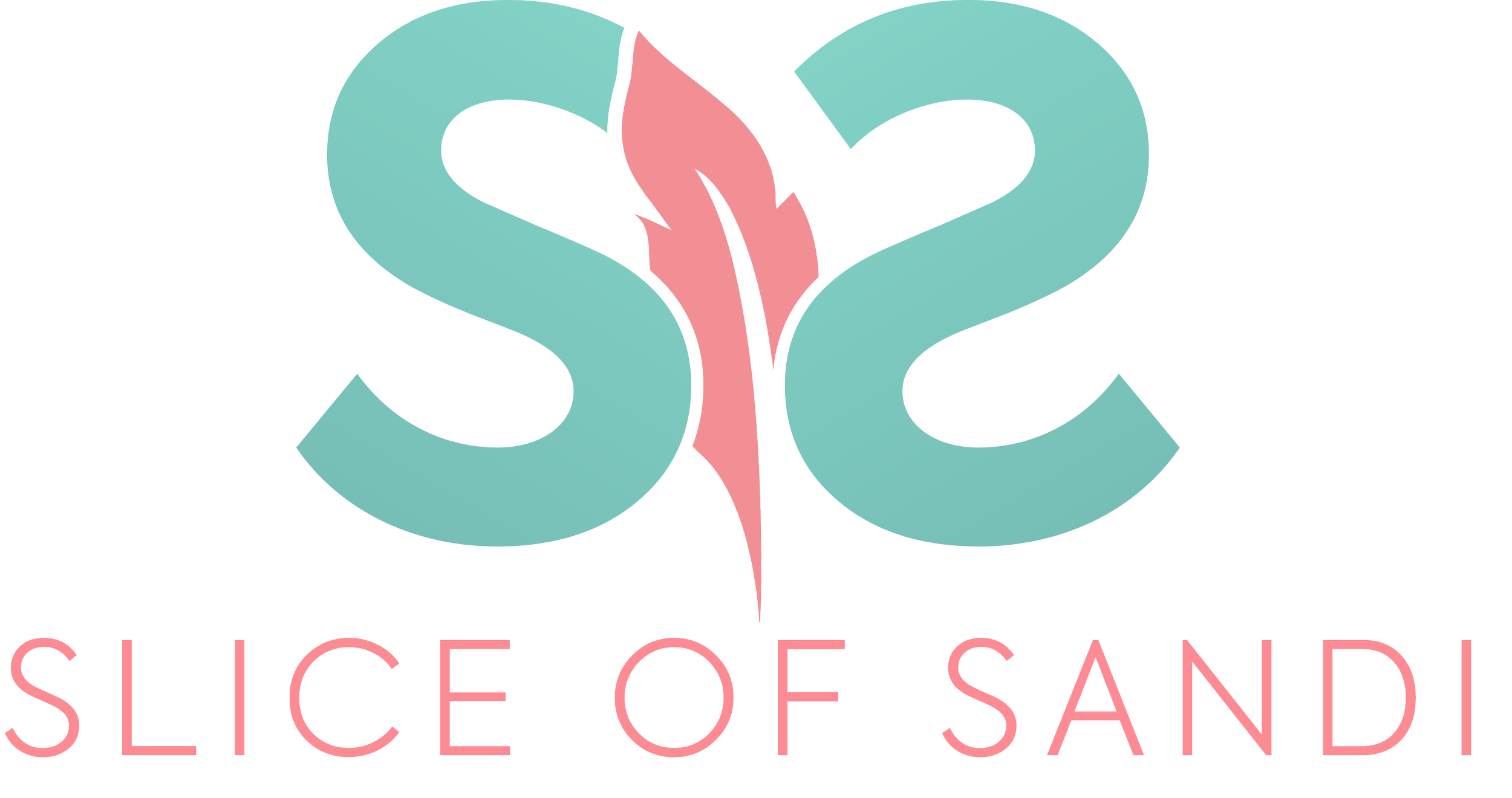Did Your African High School Education Encourage Independent Thought?
We were a household divided, in the name of education.
A cousin of mine lived with us in Harare to complete her final three years of high school at the Harare International School. It was then that I became exposed to the American education system and started to see the differences in teaching style and student expectation. There were good things and bad things I liked about it. It seemed far easier than what I was studying for O level and A level. It seemed more interesting; more engaging; and I liked that what you learned lasted for one semester and you could move on to the next topic and academic subject. Soon my younger brothers - and by then a few other cousins - joined the American school battalion and I was left sort of desolate in a corner, knowing that my high school performance would be even better had I been in a more forgiving learning environment. I wanted IN.
The rote memorization - cramming - so common and abundant in the British examination-focused system caused great anxiety for me and was definitely not my preferred method of learning. While I did have some stellar teachers, there were some who assumed the titled of "expert" and did not welcome opposing viewpoints. We had to learn to write critically yes, but the arguments we constructed were typically Western-accepted theories written in history books and doled upon us by our teachers (and you know how that sh*t go). We hardly had any opportunities to challenge the "facts" displayed and explained to us - all we were supposed to do was memorize (verbatim gt you the top marks) what the textbooks said and tailor our answer formats using work completed by former A-star students. All of that knowledge acquired within a period of two years culminated in a series of two to three exams that determined whether you graduated from high school or not, and whether you could advance further academically. Just thinking about the final few months of my high school experience when I was studying for my A-Level exams hearkens bad memories. Weh yuh know bout pressure?
As I transitioned to the American education system in college - chock full of opportunities to think critically and ask questions about theories; to foster and develop your own viewpoints - I remember feeling extremely out of my depths. This was so unfamiliar and a little terrifying for a reserved, tongue-tied girl. I had not had to do that before. Discussion groups? What for? Just tell me what I need to know for the exam. Wait, it's not just one final exam at the end? There are tests along the way and midterms? X is worth Y percentage and A project counts towards B% participation grade? Dis (way) tew much. It was overwhelming, confusing and amazing all at the same time. It took me a while to become comfortable expressing myself and further still, become brave in challenging the status quo. If I messed up in an assignment or exam, I could actually (potentially) change the trajectory of my success in a class because my grade was based on other factors. Mind blowing, y'all.
I remember thinking back on my high school years a lot during college. I knew that my education enabled deeper study into key subjects, but I felt well-versed in very little. In 2 years of high school, my attention was solely focused on Business Management, History and Math (my A-Level subjects). What was the definition of "participation" in an African classroom? Did I have more opportunities to express my views in my private high school when compared to students in other schools?Were there advantages to being educated in a British-style school that I did not recognize? Was it a personality issue - was I simply not confident enough as a teenager to speak up when given the chance?
If we are constantly spoon-fed the information instead of looking for it and deciphering it ourselves (with some direction from an instructor), it creates a culture of docility, stifles creativity and can hamper collaboration. Yes, education is about tangible knowledge -- there is always some memorization involved eg. mathematical formulas. However, I believe that education is far more life-changing when one learns how to disseminate the bombardment of information we receive everyday and apply that knowledge within whatever cultural or social framework one finds themselves; it is about learning to process and judge different trains of thought and synthesizing them coherently. It is about participating in a supportive environment and developing an open mind that welcomes a multitude of solutions. For the most part, the way schools are structured is influential in our socialization, our expectations and affects the way we think. I can see the ways in which my school experiences - from childhood to present-day - have affected my personality and perspective. Can you?




